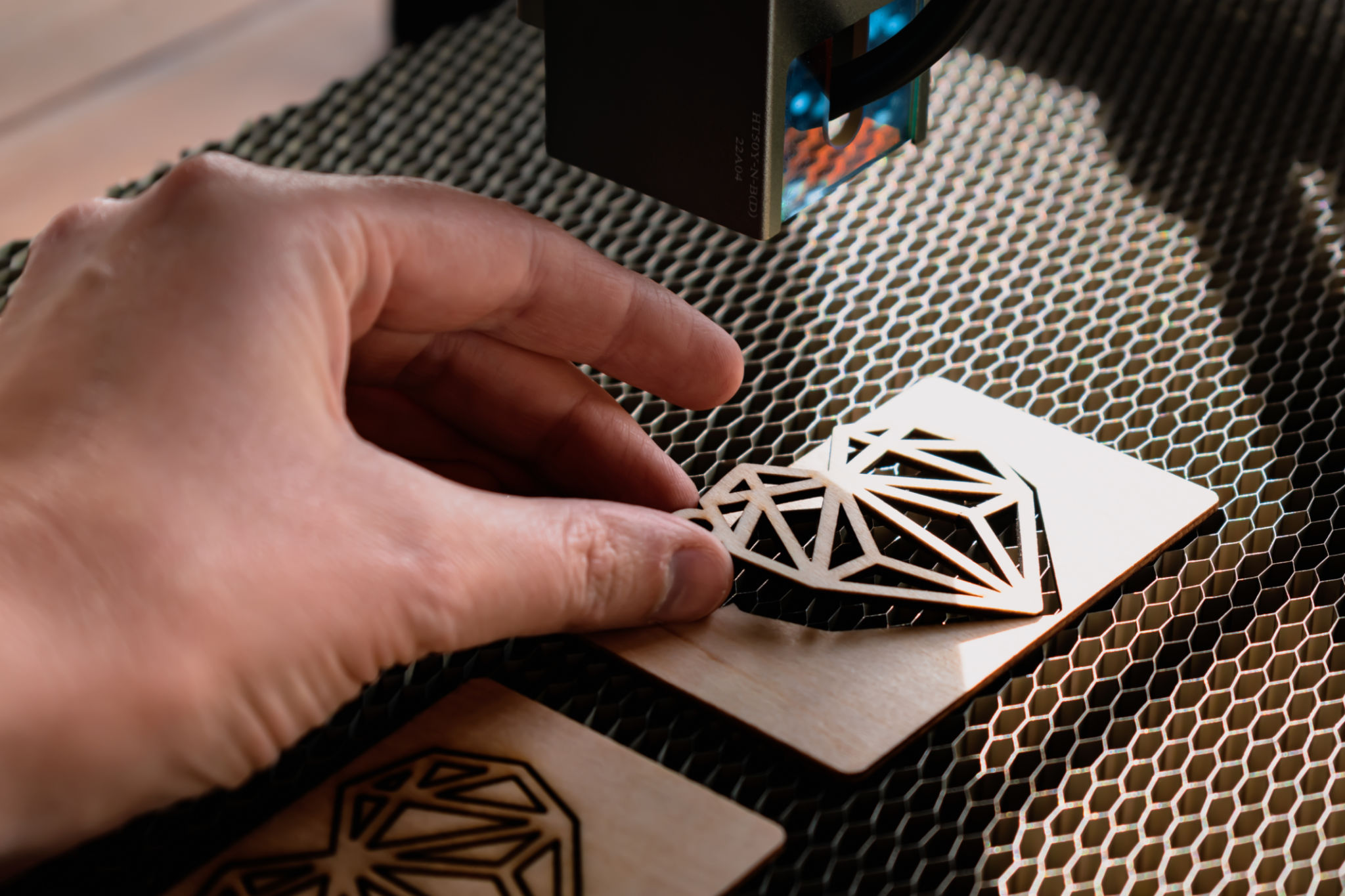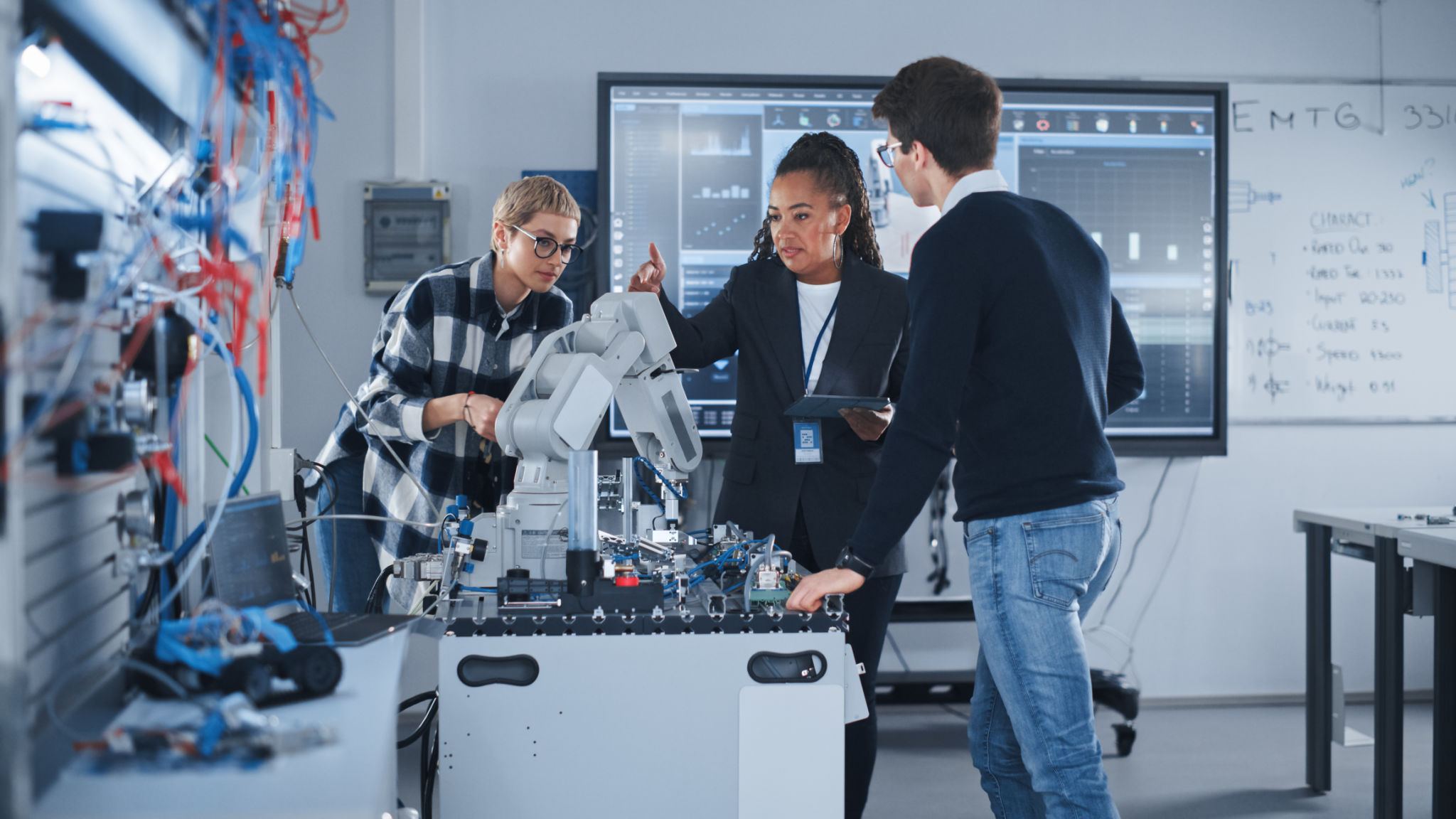3D Printing and Laser Technology: Innovative Workshops for Young Minds
Exploring 3D Printing: A Gateway to Creativity
In recent years, 3D printing has emerged as a revolutionary tool that encourages creativity and innovation among young minds. By transforming digital designs into physical models, this technology provides an engaging platform for students to experiment with their ideas. From creating simple toys to complex architectural models, the possibilities are endless. Introducing 3D printing in educational workshops offers students a hands-on experience that stimulates their imagination and enhances their problem-solving skills.
Workshops focused on 3D printing allow participants to learn about the design process, understand the mechanics of 3D printers, and explore various materials. These sessions are designed to be interactive and educational, making technology accessible and fun for students of all ages.

Laser Technology: Precision and Innovation
Laser technology is another exciting field that is capturing the interest of young minds. Known for its precision and versatility, laser cutting and engraving can be used in a myriad of applications, from art projects to engineering prototypes. Incorporating laser technology in educational settings empowers students to turn their creative visions into tangible products with a high degree of accuracy.
Workshops focusing on laser technology teach students about safety protocols, machine operation, and the principles of laser cutting. By engaging with this technology, students gain valuable insights into its real-world applications across various industries, such as manufacturing, fashion, and graphic design.

Combining Technologies for Maximum Impact
When combined, 3D printing and laser technology offer even greater opportunities for learning and innovation. Workshops that integrate both technologies provide students with a comprehensive understanding of modern manufacturing processes. Participants can design and print 3D models and then use laser cutting to refine or customize their creations.
This interdisciplinary approach not only enhances technical skills but also fosters teamwork and collaboration, as students often work together on projects. The integration of these technologies encourages participants to think critically and develop solutions to complex challenges.

Benefits of Hands-On Learning
Hands-on workshops in 3D printing and laser technology offer numerous benefits for young learners. They promote active learning, where students can apply theoretical knowledge in practical scenarios, enhancing retention and understanding. This experiential learning approach also boosts confidence as students see their ideas come to life.
Moreover, these workshops cultivate an interest in STEM (Science, Technology, Engineering, and Mathematics) fields by demonstrating the exciting career possibilities in these areas. Engaging with cutting-edge technology at an early age can inspire future innovation leaders.
Developing Essential Skills
Participating in these innovative workshops helps students develop a variety of essential skills, such as:
- Problem-solving: Tackling design challenges enhances analytical thinking.
- Creativity: Crafting unique designs fosters imaginative thinking.
- Technical proficiency: Operating advanced machinery builds technical expertise.
- Collaboration: Working on group projects strengthens teamwork abilities.

Getting Started with Innovative Workshops
Many educational institutions and community centers are now offering workshops that introduce young learners to 3D printing and laser technology. These programs are designed to be accessible, providing resources and guidance to ensure participants have a rewarding experience. Parents and educators interested in enrolling students in such workshops should look for programs that emphasize both creativity and technical skill development.
The impact of these innovative workshops extends beyond the classroom. As students explore these technologies, they gain valuable insights into the world of modern engineering and design, preparing them for future academic pursuits and careers.
The Future of Innovation Education
The integration of 3D printing and laser technology into educational curricula marks a significant step forward in innovation education. As these technologies become more prevalent in educational settings, they will continue to inspire young minds to explore new horizons and push the boundaries of what is possible.
By fostering an environment of creativity and exploration, these workshops equip students with the skills they need to succeed in a rapidly evolving technological landscape. The future of innovation lies in the hands of today's young learners, and through these transformative experiences, they are well-prepared to shape it.
